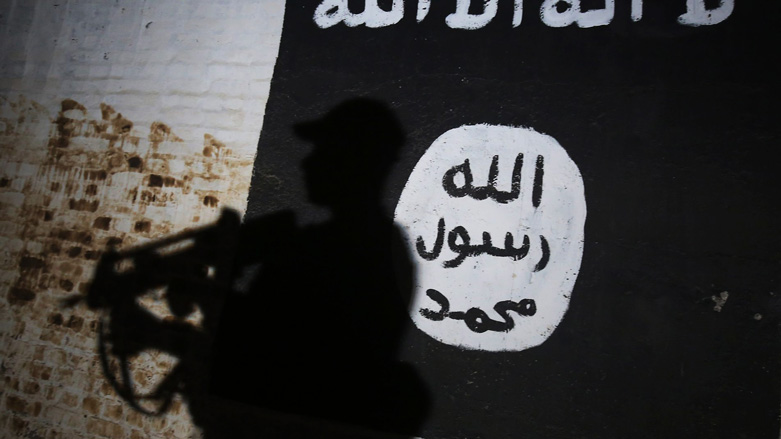UN terrorism office stresses need for 'continued vigilance' against ISIS

ERBIL (Kurdistan 24) – A United Nations counter-terrorism official said on Tuesday that the Islamic State remains a serious threat in Iraq, Syria, and elsewhere around the world, more than two years after the territorial defeat of the extremist organization.
“It capitalizes on its affiliates and inspired attacks and has an estimated residual wealth of up to three hundred million dollars at its disposal," Vladimir Voronkov, Under-Secretary for the United Nations Counter-Terrorism Office (UNOCT), told the UN Security Council on Tuesday.
While acknowledging the groups' military defeat in Syria as "a watershed" that ended the "dystopia of the so-called 'caliphate,'" Voronkov said that the fall of Baghuz "was not a fatal blow" as the group "continues to evolve into a covert network."
"This follows the same pattern we have seen in Iraq since 2017, where ISIL insurgency activity reportedly designed to prevent normalization and reconstruction efforts continue."
On Monday in Iraq, several Islamic State fighters carried out multiple attack on government security forces in territories disputed between the federal government and the autonomous Kurdistan Region, leading to several casualties.
Read More: ISIS kills four Iraqi forces, kidnaps three civilians in attacks in disputed areas
The Kurdistan Regional Government (KRG) announced in July that a high delegation from the Ministry of Peshmerga met with officials from the Iraqi Ministry of Defense in Baghdad earlier that day to discuss security collaboration in the disputed territories, where the Islamic State has routinely taken advantage of the security vacuum to stage deadly attacks.
Read More: Peshmerga officials in Baghdad to develop joint operations in disputed territories
In an online event held in early August marking the sixth anniversary of the Yezidi genocide in Iraq, Falah Mustafa, Senior Foreign Policy Advisor to the President of the Kurdistan Region, explained that the sectarianism of the Baghdad government in the period leading up to the summer of 2014 was crucial to the terrorist organization's rapid ascendancy.
Read More: KRG: Iraq’s pre-2014 sectarian government helped create ISIS
Mustafa’s remarks highlight the problems to which Iraq’s political system is prone and suggest some necessary measures to prevent the country’s relapse into violence and disorder.
Turning to the Islamic State's status in Africa in his report to the Security Council, Voronkov noted "a striking increase in ISIL and Al-Qaida-linked recruitment and violence" in the continent’s West, pointing out that "the Islamic State’s West Africa Province is now one of the strongest ISIL affiliates" boasting some 4,000 fighters.
In Europe, radicalization in prisons and those released from prison "remain major concerns" that compound the risk of "homegrown terrorism."
Hundreds of thousands of Islamic State fighters continue to pose a threat in Asia as well. He told the council that, in South-East Asia, women have been "playing a more active role in attacks and the explicit targeting of places of worship," which, he said, "may indicate a new trend."
Voronkov stressed the importance of remaining vigilant "to mitigate the risk posed by the evolution of ISIL… deny it new recruits and prevent its resurgence."
"It is essential that Member States keep a comprehensive and long-term perspective in this fight." he argued, adding that "urgent political leadership and a principled approach, based on international law" is key to any plan going forward.
Editing by John J. Catherine
